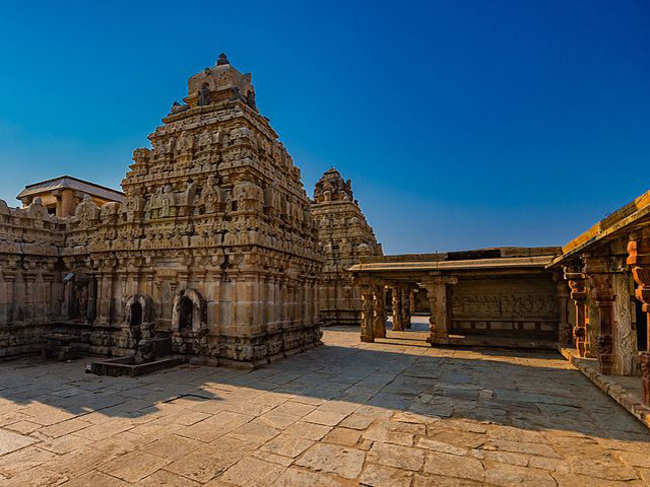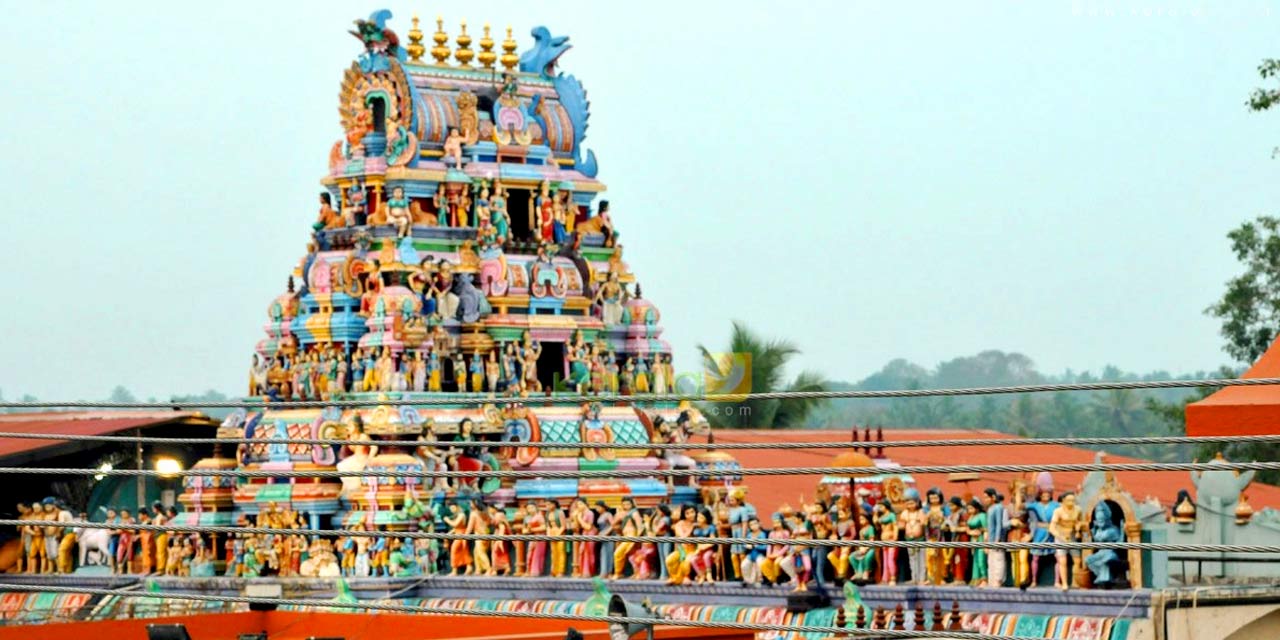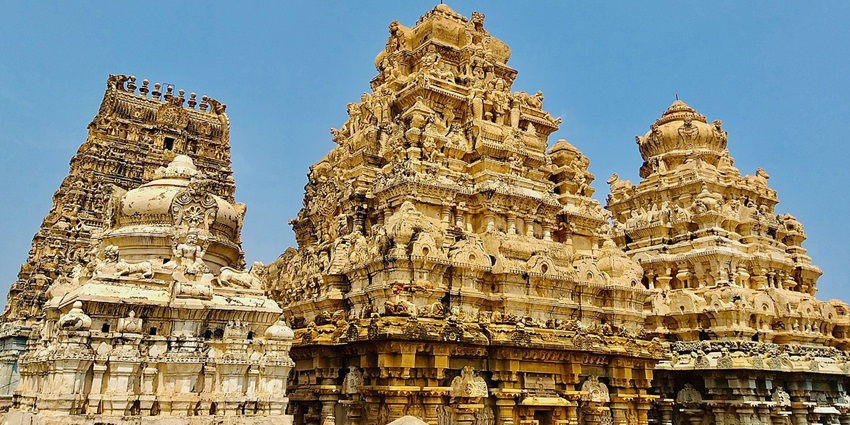Who was Ravana’s Sister?

Who Was Ravana's Sister?
In Hindu mythology, Ravana's sister was Surpanakha, a pivotal character in the epic Ramayana. Her actions and motivations play a crucial role in shaping the events of the epic, particularly the conflict between Lord Rama and Ravana. Surpanakha is often portrayed as a complex and intriguing figure, embodying themes of desire, revenge, and the consequences of unchecked emotions.
Surpanakha: The Sister of Ravana
Surpanakha was the daughter of the sage Vishrava and his wife Kaikesi, making her the sister of Ravana, the demon king of Lanka. She was also the sister of Kumbhakarna and Vibhishana, two other prominent characters in the Ramayana. Surpanakha's name translates to "sharp nails" or "one with sharp nails," symbolizing her fierce and aggressive nature. She is often depicted as a powerful and independent woman, unafraid to pursue her desires.
Surpanakha's Role in the Ramayana
Surpanakha's encounter with Lord Rama, Sita, and Lakshmana is one of the most significant episodes in the Ramayana. This event sets the stage for the epic's central conflict. Here’s a detailed account of her role:
- Encounter with Rama and Lakshmana: While wandering in the forest, Surpanakha came across Lord Rama and was instantly captivated by his beauty. She approached him and expressed her desire to marry him. Rama, who was devoted to his wife Sita, politely declined her proposal. Surpanakha then turned her attention to Lakshmana, Rama's younger brother, who also rejected her advances.
- Disfigurement by Lakshmana: Enraged by their rejection, Surpanakha attempted to attack Sita, seeing her as the obstacle to her desires. In response, Lakshmana intervened and cut off Surpanakha's nose and ears, disfiguring her. This act of humiliation deeply wounded Surpanakha and fueled her desire for revenge.
- Inciting Ravana: After being disfigured, Surpanakha sought out her brother Ravana, the king of Lanka. She described the beauty of Sita to him and urged him to abduct her as an act of revenge against Rama and Lakshmana. Ravana, swayed by Surpanakha's words and his own desire for Sita, orchestrated her abduction, which ultimately led to the great war between Rama and Ravana.
Surpanakha's Significance in Hindu Mythology
Surpanakha's character is often interpreted as a symbol of unchecked desire and the consequences of arrogance. Her actions serve as a catalyst for the central conflict of the Ramayana, making her a crucial figure in the epic. Here are some key aspects of her significance:
- Symbol of Desire and Revenge: Surpanakha's unbridled desire for Rama and her subsequent quest for revenge highlight the destructive power of unchecked emotions. Her actions lead to the downfall of her brother Ravana and the destruction of Lanka.
- Representation of Feminine Power: Surpanakha is often seen as a strong and independent woman who is unafraid to pursue her desires. However, her lack of restraint and her vengeful nature ultimately lead to her downfall.
- Moral Lessons: Surpanakha's story serves as a cautionary tale about the dangers of pride, jealousy, and uncontrolled emotions. It emphasizes the importance of humility, self-control, and the consequences of one's actions.
Lessons from Surpanakha's Story
Surpanakha's tale offers several important lessons that are relevant even today:
- The Danger of Unchecked Emotions: Surpanakha's inability to control her desires and emotions leads to her humiliation and sets off a chain of events that result in widespread destruction. Her story serves as a reminder of the importance of emotional balance and self-control.
- The Consequences of Revenge: Surpanakha's quest for revenge against Rama and Lakshmana ultimately leads to the downfall of her brother Ravana and the destruction of Lanka. This highlights the destructive nature of revenge and the importance of forgiveness.
- The Power of Humility: Surpanakha's arrogance and pride contribute to her downfall. Her story underscores the importance of humility and the dangers of letting pride dictate one's actions.
Surpanakha in Popular Culture
Surpanakha's character has been depicted in various adaptations of the Ramayana, including television series, films, and literature. She is often portrayed as a tragic figure, whose actions are driven by her emotions and desires. In some modern interpretations, Surpanakha is seen as a victim of societal norms and expectations, adding depth and complexity to her character.
Surpanakha, the sister of Ravana, is a complex and multifaceted character in Hindu mythology. Her role in the Ramayana is pivotal, as her actions directly lead to the epic's central conflict. Through her story, we gain valuable insights into the themes of desire, revenge, and the consequences of unchecked emotions. Surpanakha's tale serves as a timeless reminder of the importance of humility, self-control, and the power of forgiveness.




